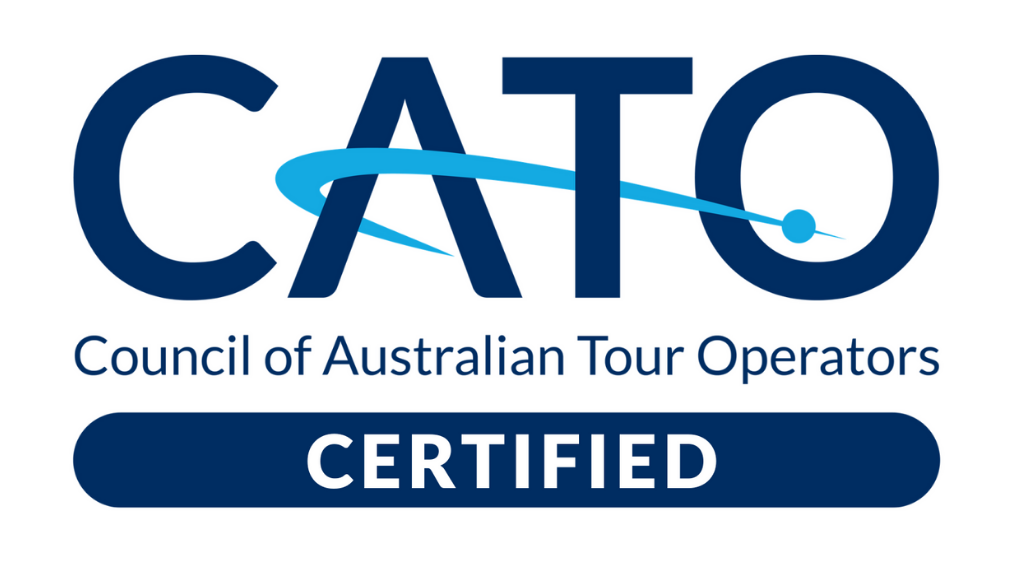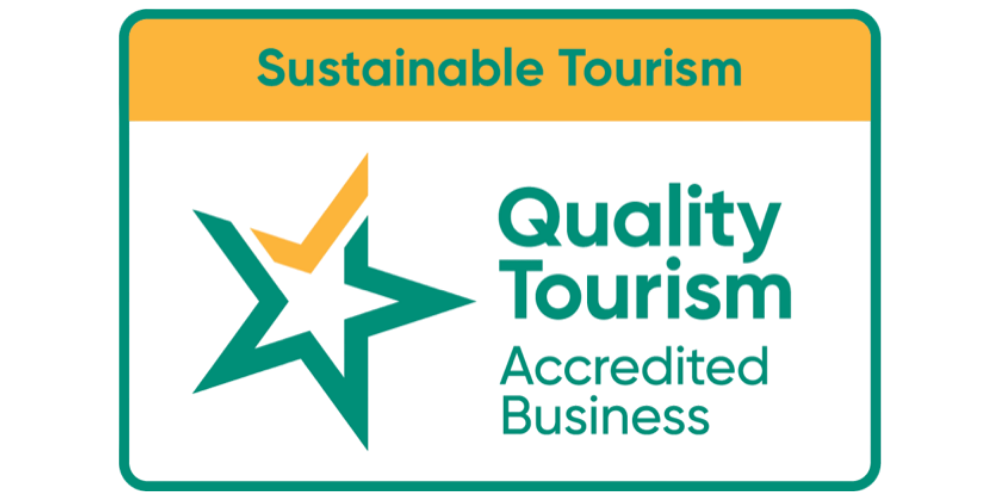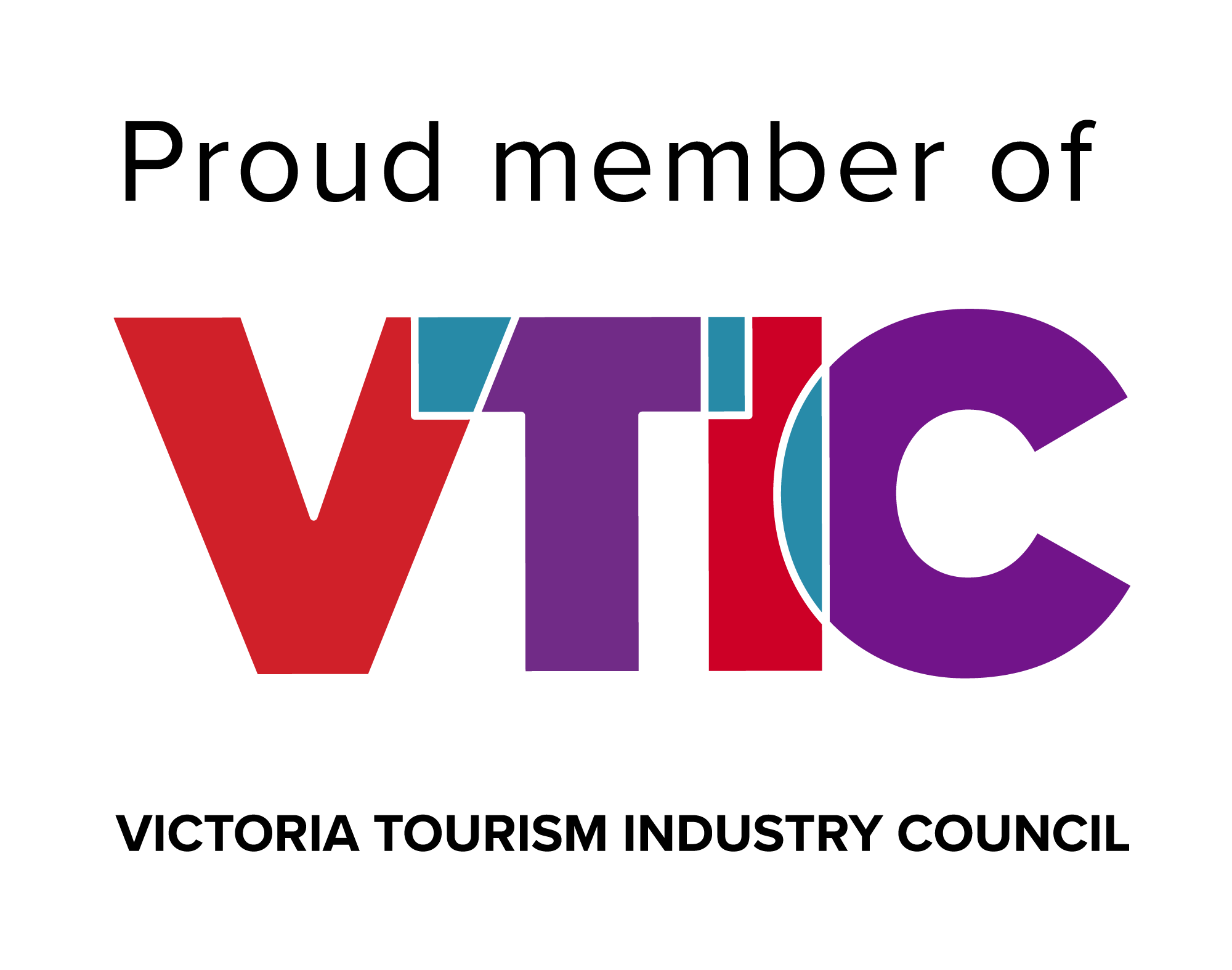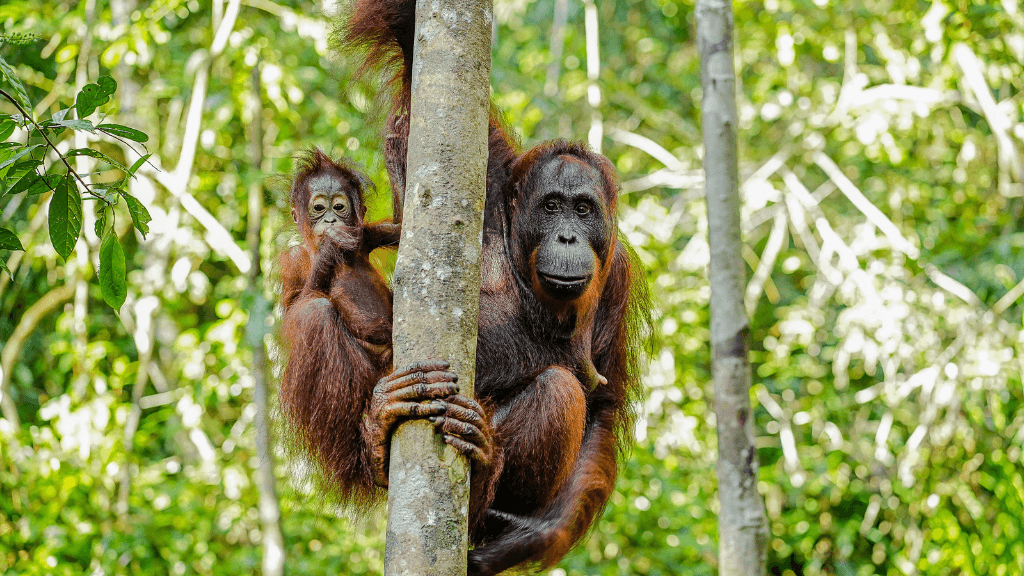
Wild Orangutan 8-Day Loop | Sumatran Jungle & River Expedition
📍 Sumatra, Indonesia | Guided | All Essentials ✅
Track wild orangutans, sleep to rainforest night-songs, and float the Bohorok back to Bukit Lawang—an 8-day Sumatra loop of sweaty climbs, firefly nights, and stories that outlast the leech bites.
Medan > Medan
Challenging | 18-39s
Twin Share | Camping
200% CO₂ Offset
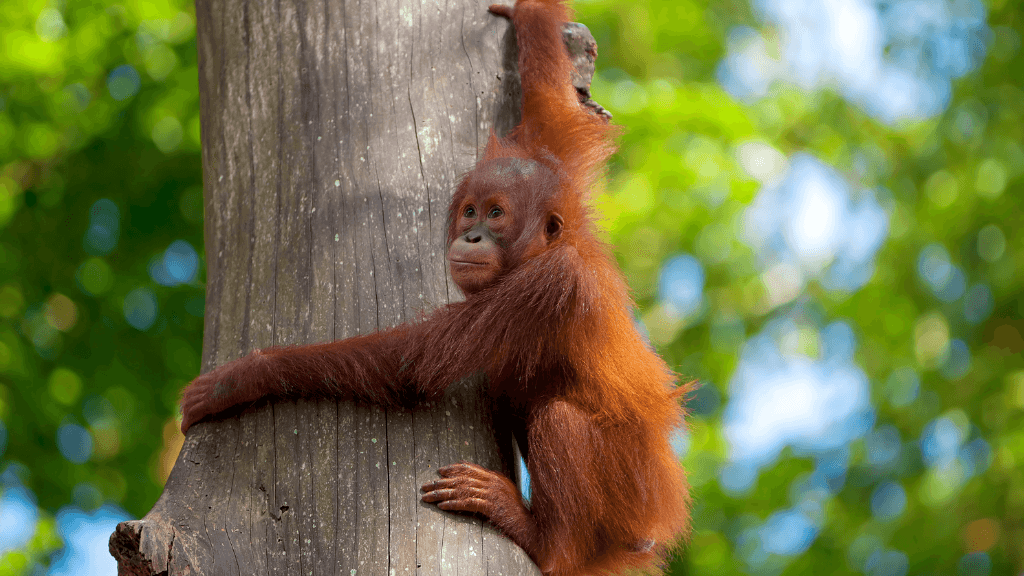
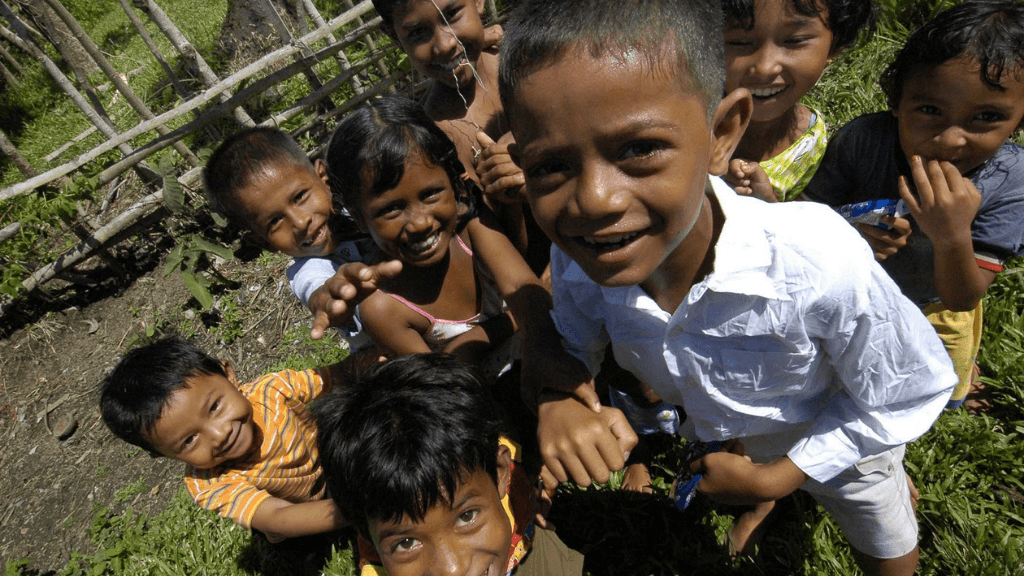
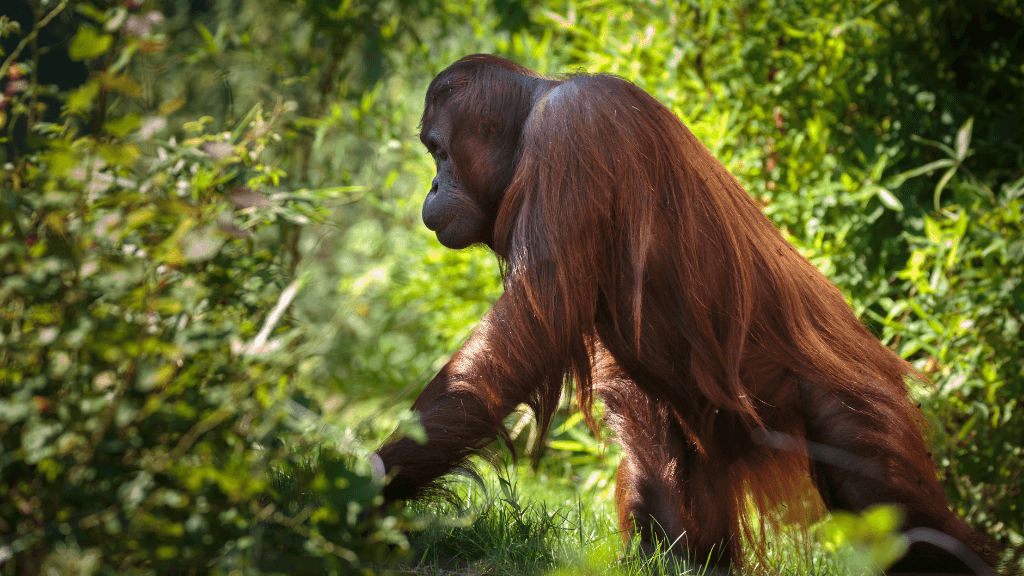
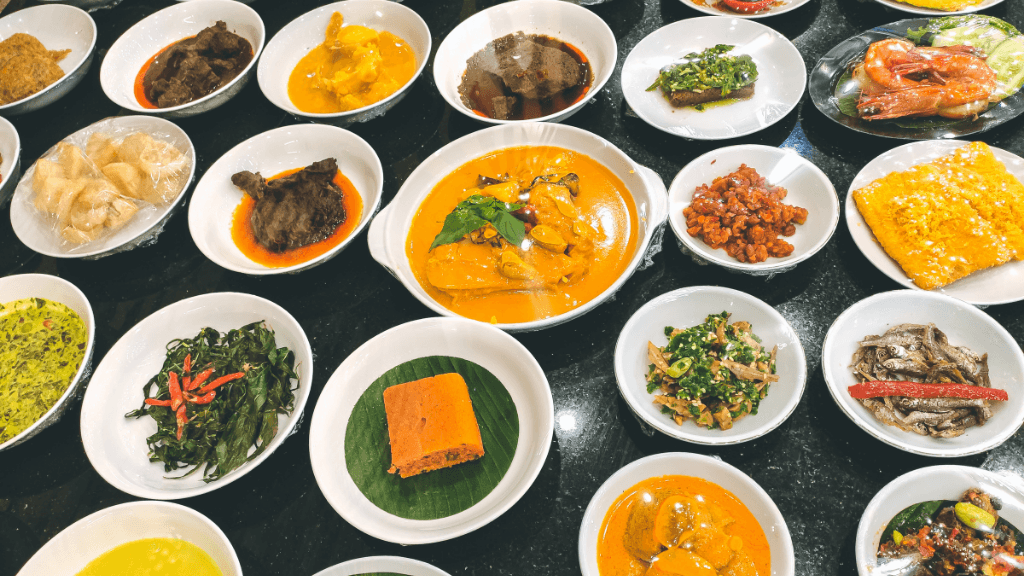
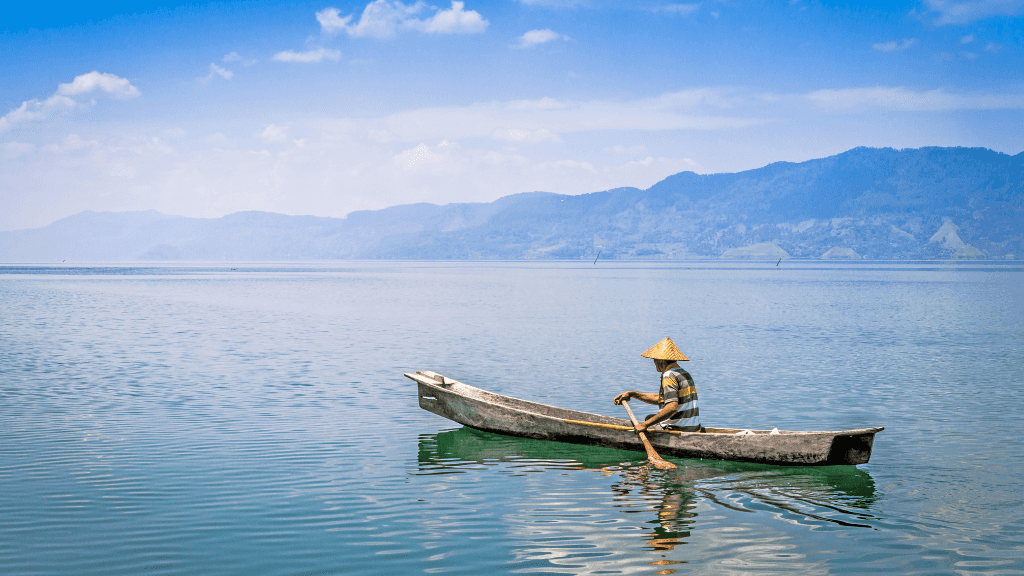

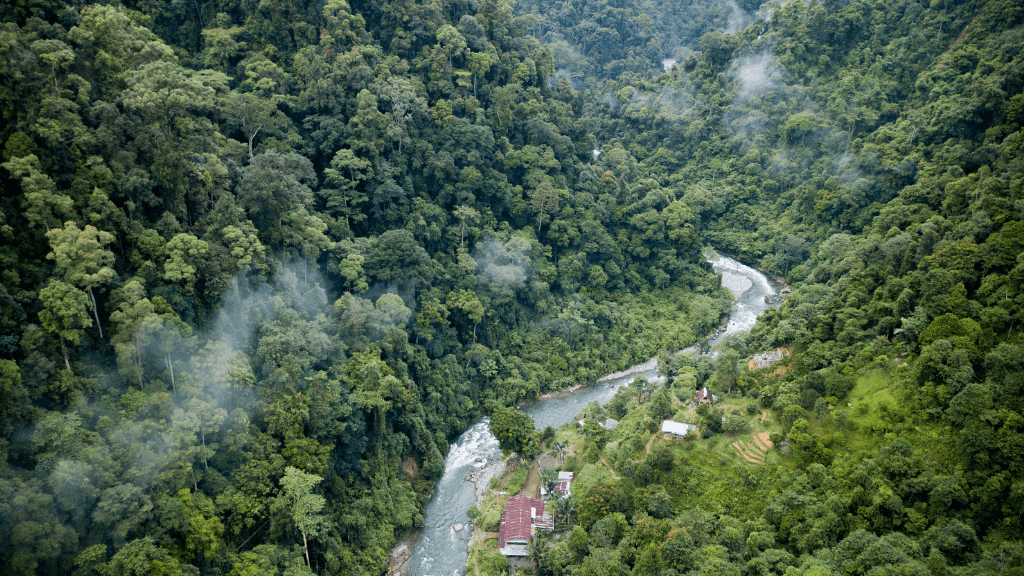
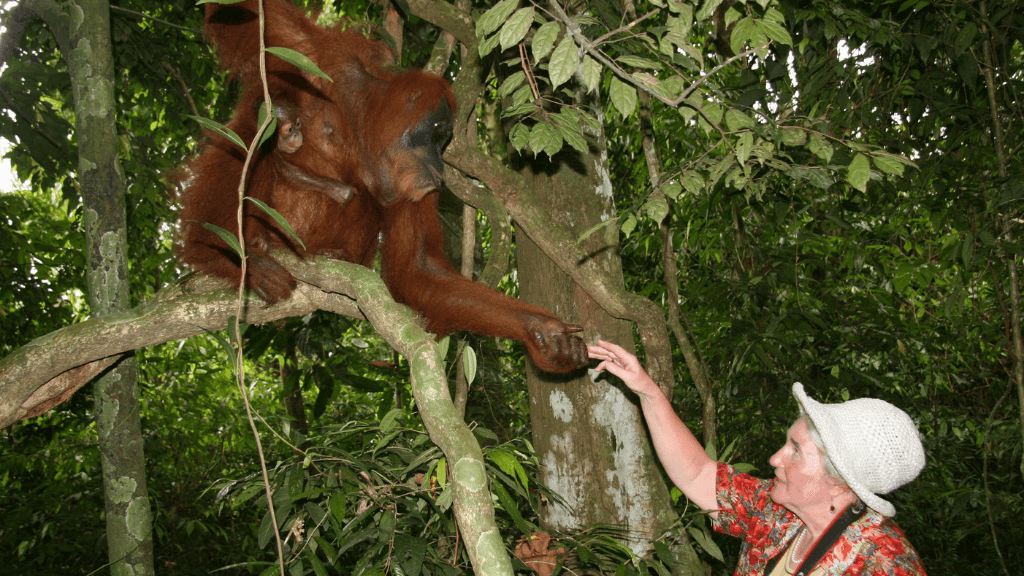
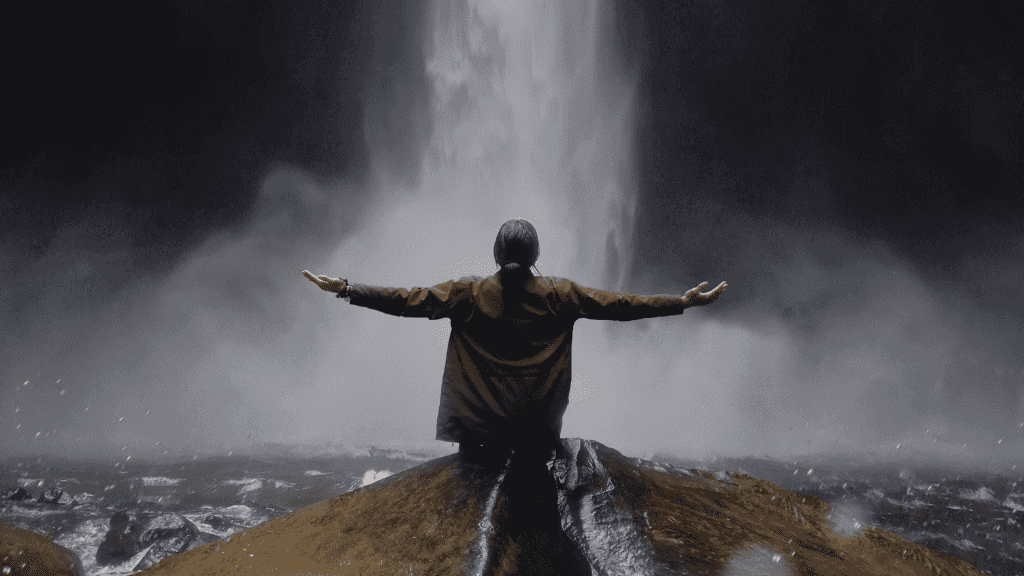
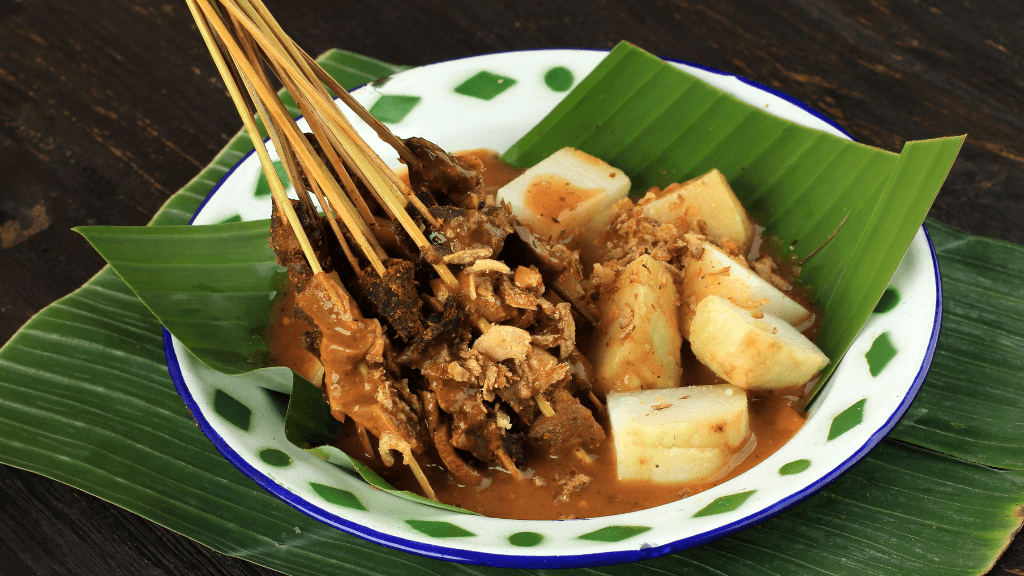
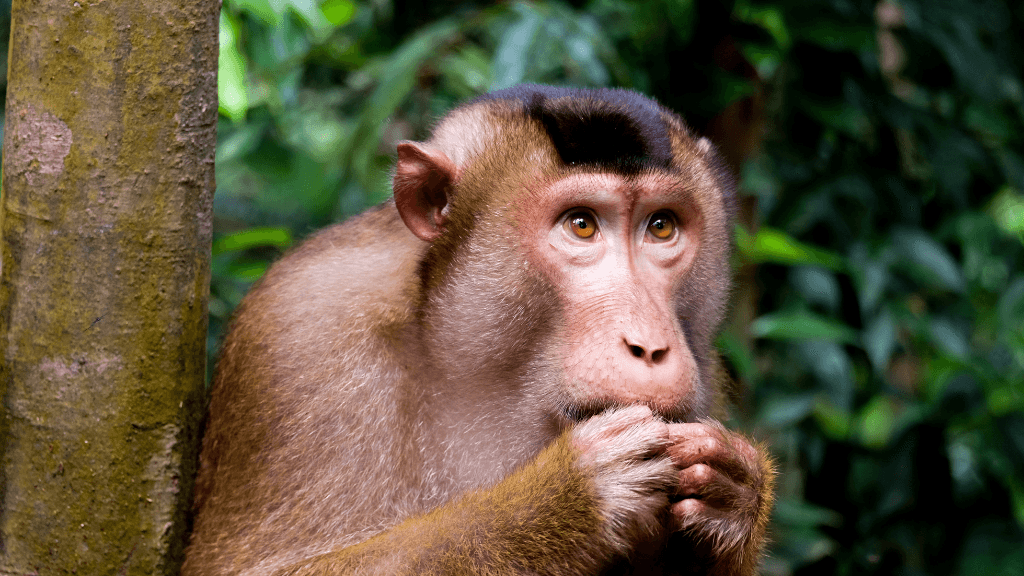
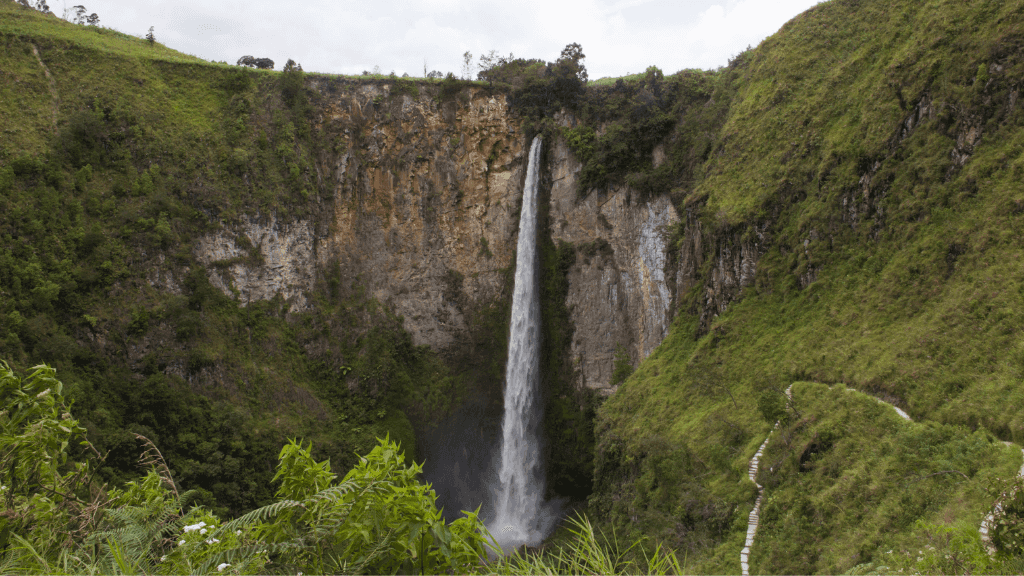
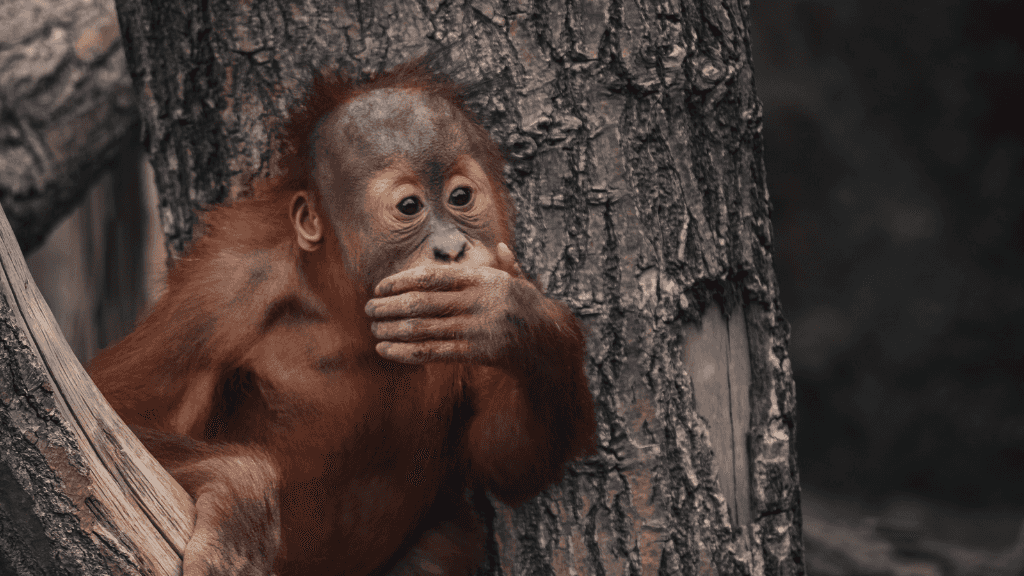
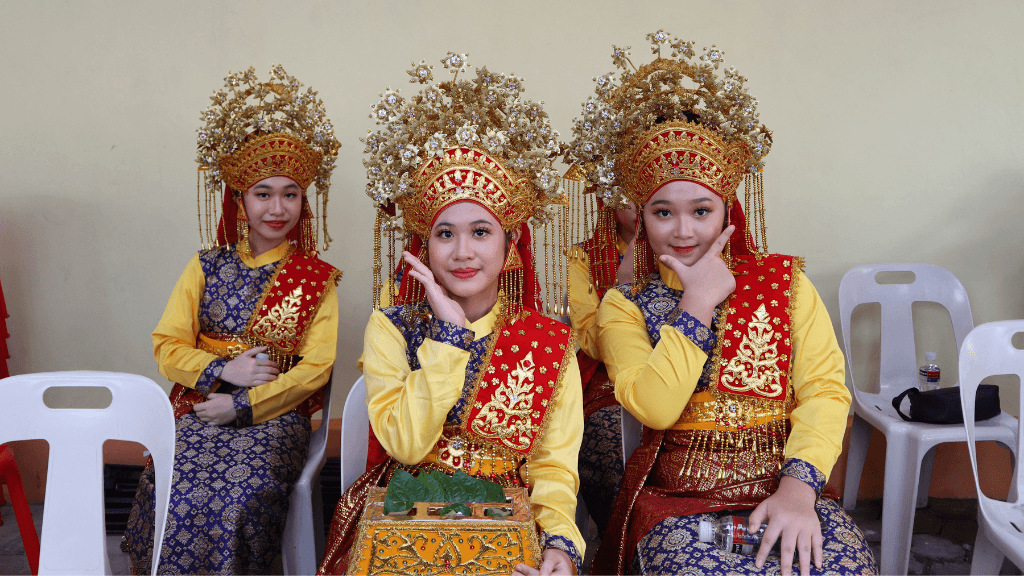
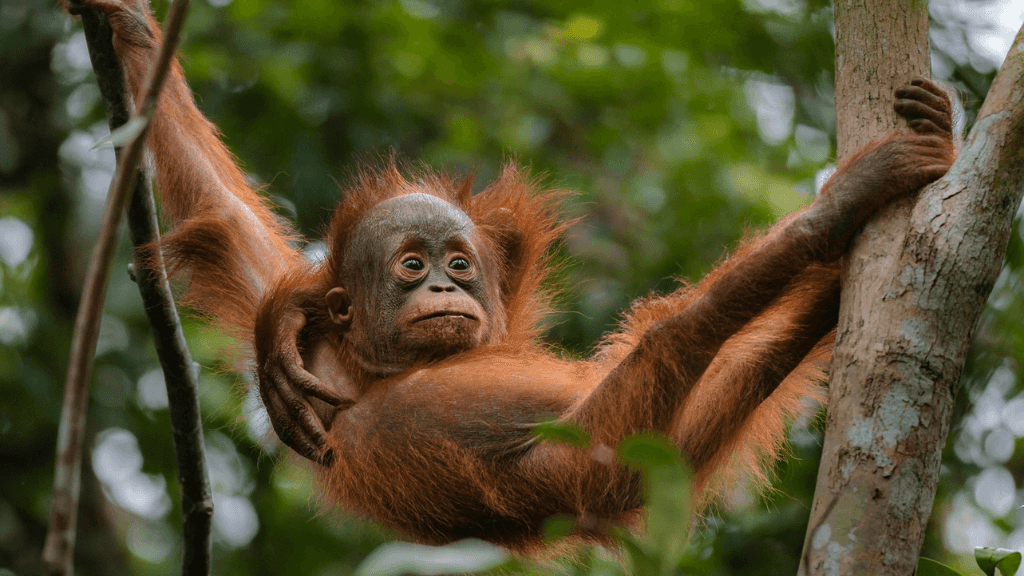
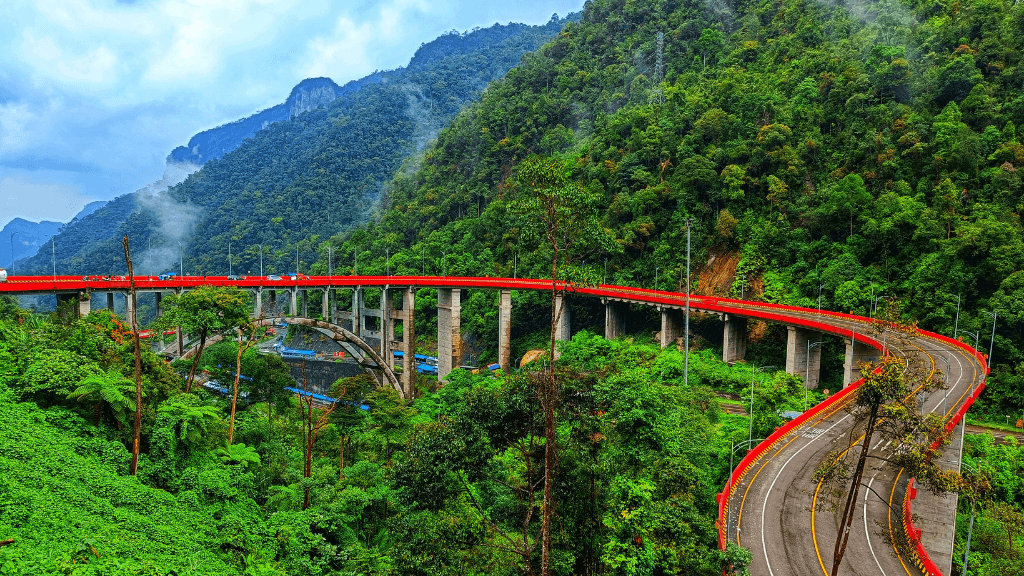
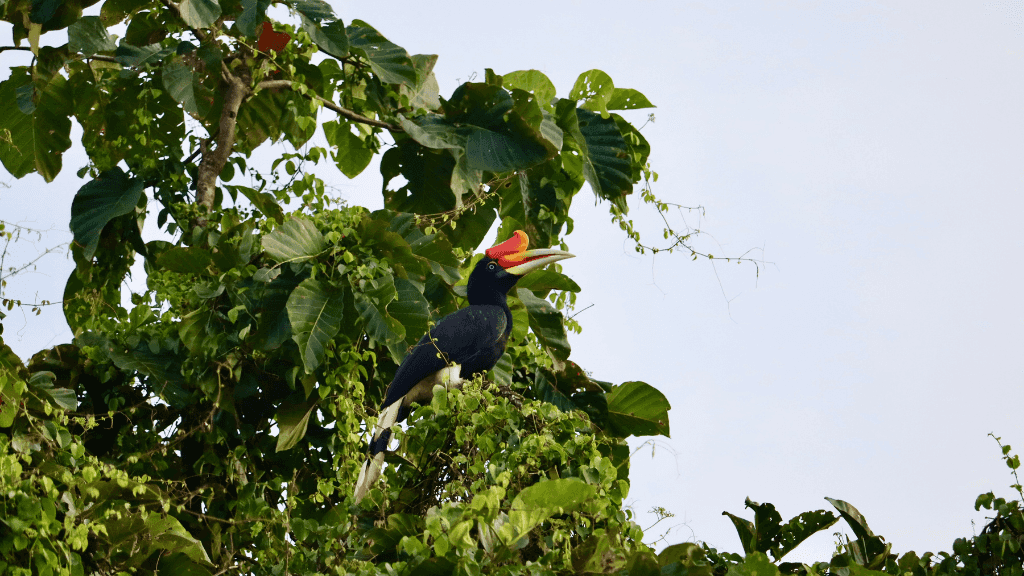
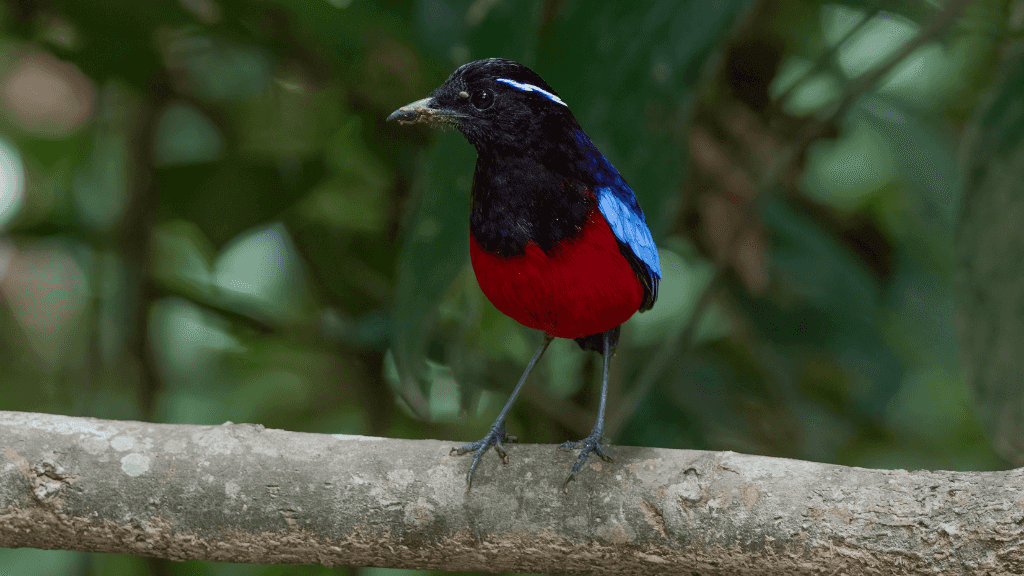
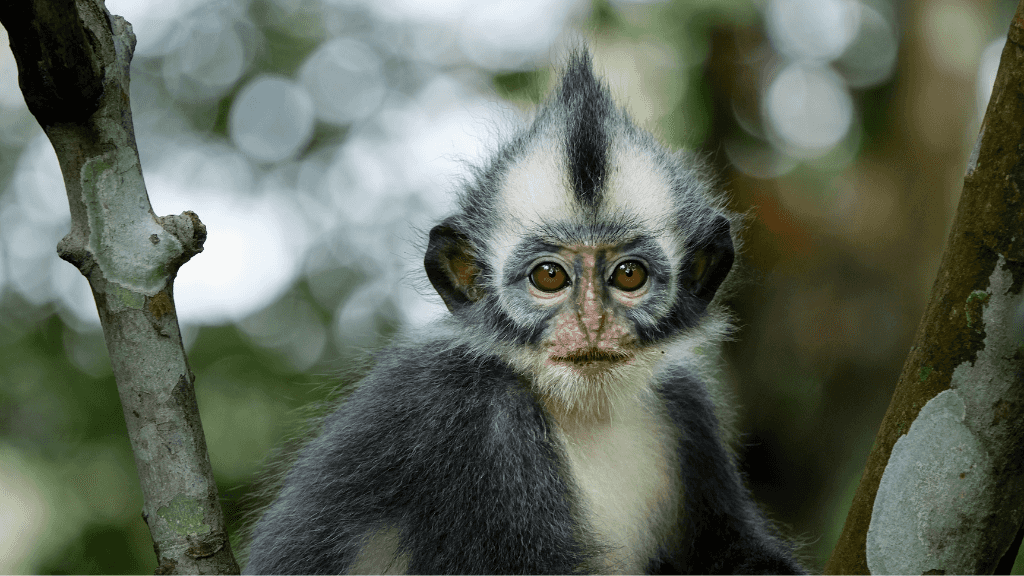
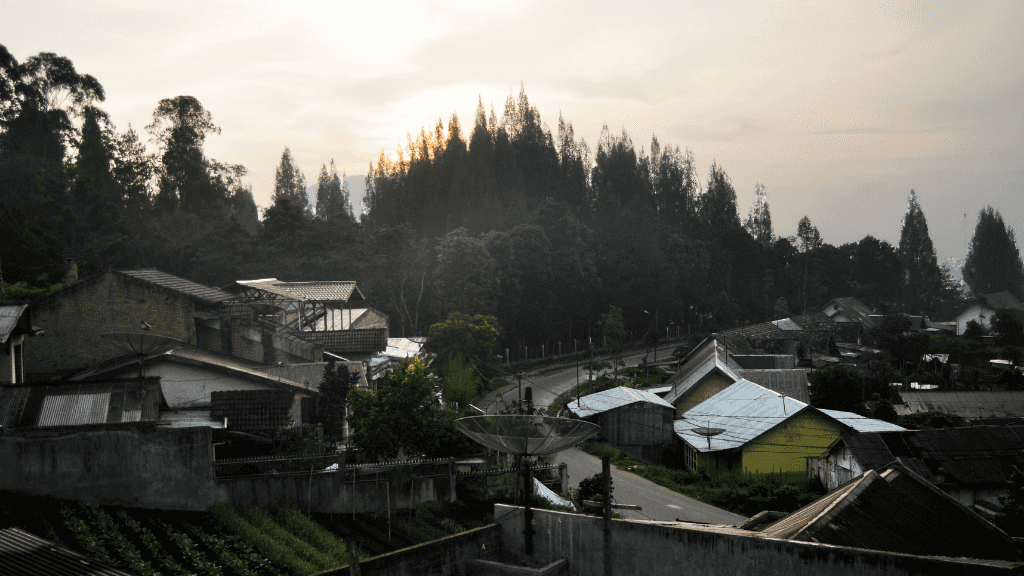
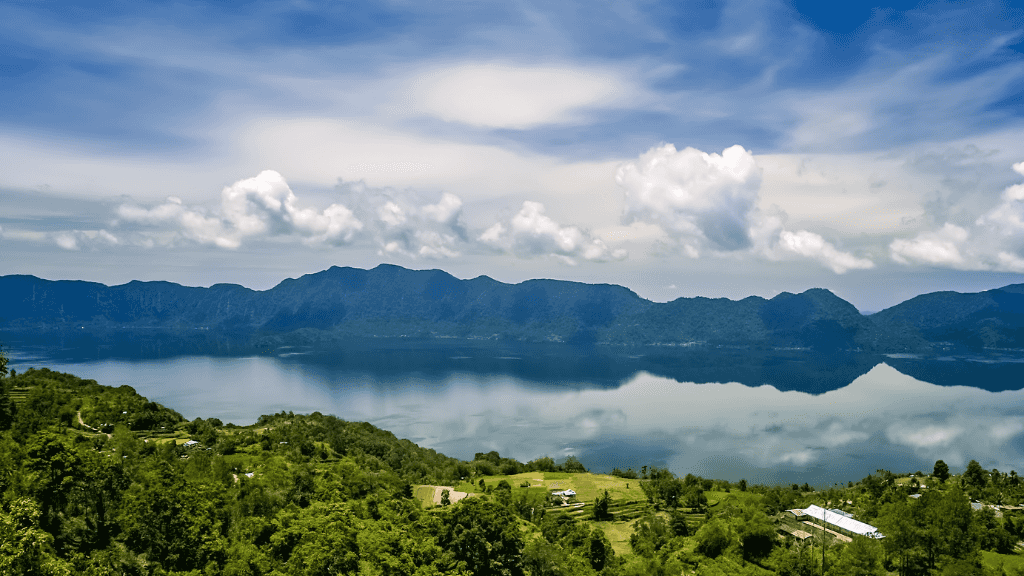
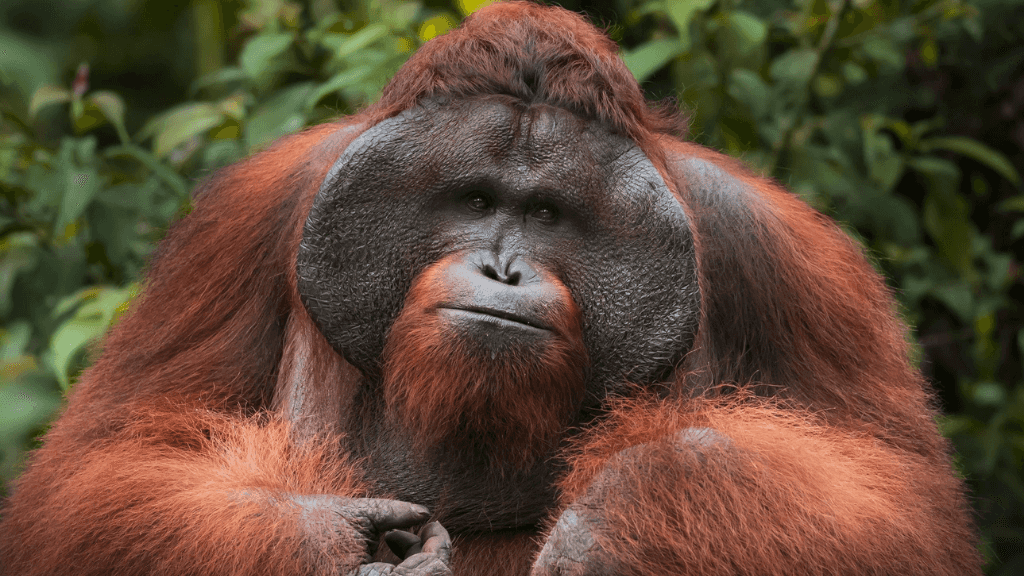
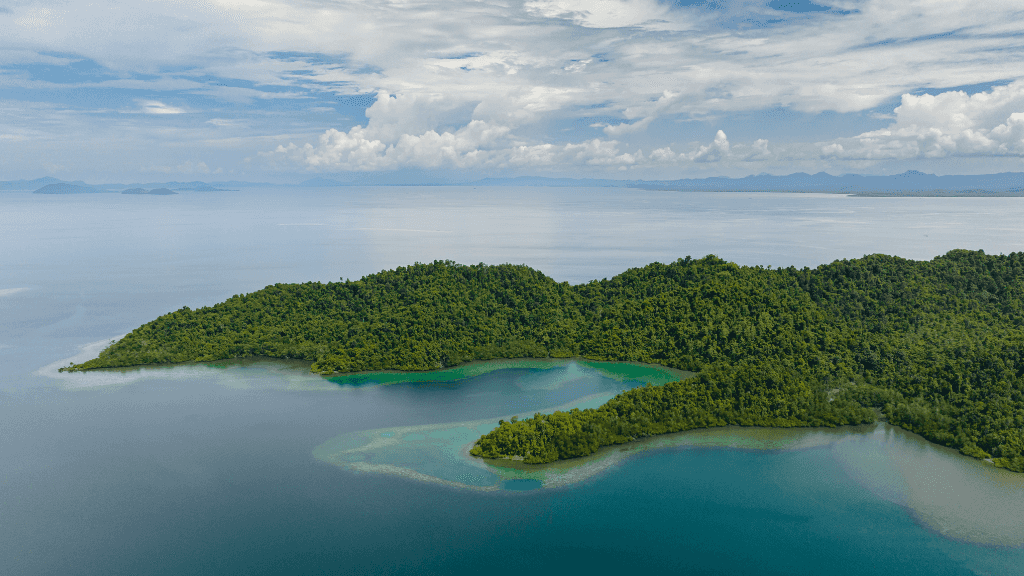
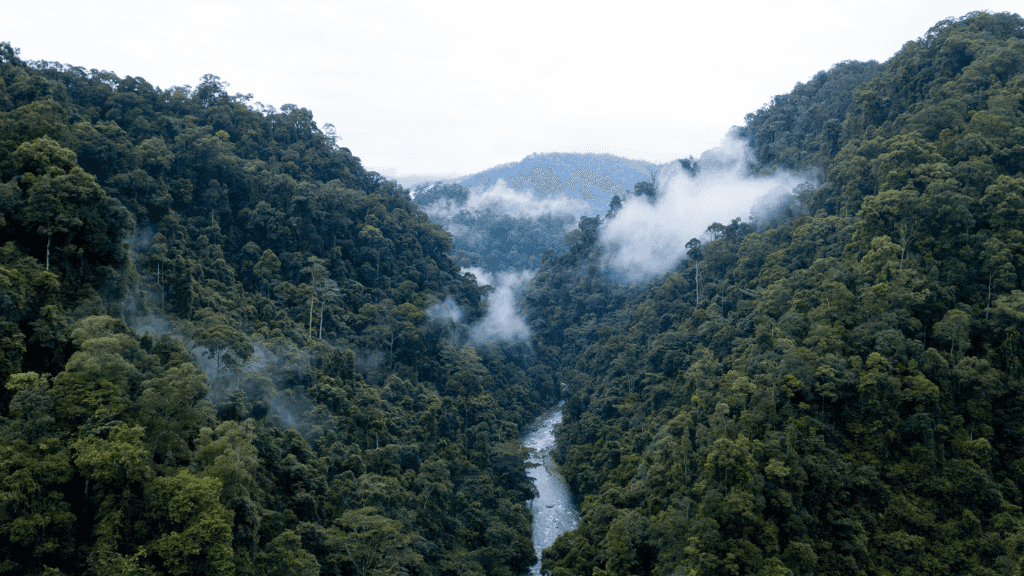
Tour Overview
Sumatra’s Jungle Beat: 8-Day Orangutan Tracking & River Adventure Deep into Gunung Leuser National Park – trek humid rainforest trails for wild orangutans, sleep one night in jungle camp, tube the Bohorok River, and meet villagers who protect the forest. All with 200% carbon offsetting and direct support for local rangers and habitat restoration.
Tour at a Glance
- Duration: 8 days / 7 nights
- Age: 18–39 years
- Group size: Max 16 travellers
- Physical level: Challenging – hot & humid hikes 6–10 km on muddy, rooty trails, leeches possible
- Start / Finish: Medan (KNO airport), Indonesia
- Accommodation: 5 nights comfortable riverside guesthouses + 1 night city hotel + 1 night basic jungle camp (twin-share tents, mats provided)
What’s Included
- 7 nights twin-share accommodation
- 7 breakfasts + 4 lunches + 1 riverside dinner
- Private AC vehicle + local becak (cycle rickshaw)
- Expert English-speaking guide + local park rangers
- 2-day/1-night orangutan trekking permit & fees
- Jungle camp gear (tent, sleeping mat, mosquito net)
- River tubing equipment & safety guides
- All listed activities & village donations
- Full 200% CO₂ offset (including flights to Medan)
Signature Experiences
- 7–10 km jungle trek with high chance of seeing wild & semi-wild orangutans
- Overnight jungle camp beside the river
- 6–9 km river tubing through rainforest gorge
- Medan street-food becak tour & Grand Mosque
- Village crafts, traditional games & farm lunch in Kampung Lama
Not Included
- International flights
- Airport transfers (easy & cheap by train/taxi)
- Mandatory travel insurance (medical evacuation cover essential)
- Visa-on-arrival or e-visa fee
- Extra meals & drinks (allow USD 55–75 total
- Alcoholic drinks & tips (suggested USD 40–60)
- Leech socks & personal rain poncho (highly recommended)
Day-by-Day Itinerary
- Day 1: Medan Arrive anytime – group welcome meeting & relaxed evening
- Day 2: Medan City Becak tour: Grand Mosque, Maimoon Palace, Tjong A Fie Mansion, colourful market & Padang lunch
- Day 3: Medan → Bukit Lawang Morning transfer (3–4 hrs) – afternoon village walk or optional cooking class
- Day 4: Full-Day Jungle Trek → Camp 7–10 km moderate–challenging trek searching for orangutans – picnic lunch – riverside jungle camp
- Day 5: Morning Trek & River Tubing 6–8 km trek out – afternoon 6–9 km tubing on Bohorok River – return to guesthouse
- Day 6: Bukit Lawang Free Day Optional cycling, extra rafting or just hammock & monkey spotting – sunset river dinner
- Day 7: Bukit Lawang → Medan via Kampung Lama Village visit (crafts, games, farm lunch) – late-afternoon return to Medan
- Day 8: Medan Departure Tour ends after breakfast – depart anytime
Essential Packing
- Leech socks (essential!) & quick-dry long pants/shirt
- Broken-in hiking shoes that can get wet + flip-flops
- High-DEET repellent, head torch, dry-bag
- Light sleeping bag liner (nights can be cool at camp)
- Reusable water bottle (filtered water provided)
The last stronghold of wild Sumatran orangutans – raw, humid, unforgettable. Zero Trace Tours jungle groups are tiny and permits are limited – book early to secure your place with the red apes!


OPEN | Live Dates & Availability
Tour Itinerary
Day 1 | Medan Arrival
Touch down in Sumatra and settle into Medan. Evening meet-up with your group and guide; keep it low-key or kick off with a casual first night out.
Meals: None
Day 2 | Medan City by Becak + Padang Lunch
Roll through Medan by becak (cycle rickshaw). Typical stops include the Al-Mashun Great Mosque, Maimun Palace, a historic Chinese temple, and a local market. Group Padang lunch. Afternoon free for a coffee crawl or museum wander.
Meals: Breakfast, Lunch
Day 3 | Medan → Bukit Lawang (Jungle Gateway)
Road transfer ~100 km (≈3–4 hrs) to laid-back Bukit Lawang on the Bohorok River. Check in, shake out the legs, and choose an optional activity (local cooking class, short village wander). Early night recommended—jungle days start strong.
Meals: Breakfast
Day 4 | Bukit Lawang → Gunung Leuser Jungle Camp
Trek:7–10 km · 6–7 hrs · Grade: Challenging
Enter Gunung Leuser National Park in search of orangutans and other rainforest locals. Expect humid climbs, rooty trails, and regular breaks (picnic lunch on the way). Camp is pre-set—arrive to a riverside brew and a simple camp dinner under the canopy.
Meals: Breakfast, Lunch, Dinner
Day 5 | Gunung Leuser → Bukit Lawang (Trek + River Float)
Trek:6–8 km · 3–5 hrs · Grade: Moderate–ChallengingTubing:~6–9 km · 1.5–2.5 hrs
Hike out via a different trail, then switch pace: link inner tubes and float the Bohorok River back toward Bukit Lawang. Free time on arrival—optional Bat Cave wander or just hammock time by the river.
Meals: Breakfast, Lunch
Day 6 | Bukit Lawang Free Day (Choose Your Own Adventure)
Keep it mellow in town, cycle the back lanes, or opt for a full-day white-water rafting run (seasonal). This is your reset day—stretch, rehydrate, then treat yourself to a riverbank dinner.
Meals: Breakfast
Day 7 | Bukit Lawang → Kampung Lama → Medan
Spend the day in Kampung Lama—a multi-ethnic village where Malay, Javanese, and Bataknese communities live side-by-side. Try hands-on coconut-leaf crafts, learn local games, and enjoy a farm visit with lunch. Continue to Medan for your final night.
Meals: Breakfast, Lunch
Day 8 | Medan Departure
Farewells and onward travel. If flying, allow ~4 hours from city to Kualanamu International Airport for transit and check-in.
Meals: Breakfast
Key Tour Info
Route Map
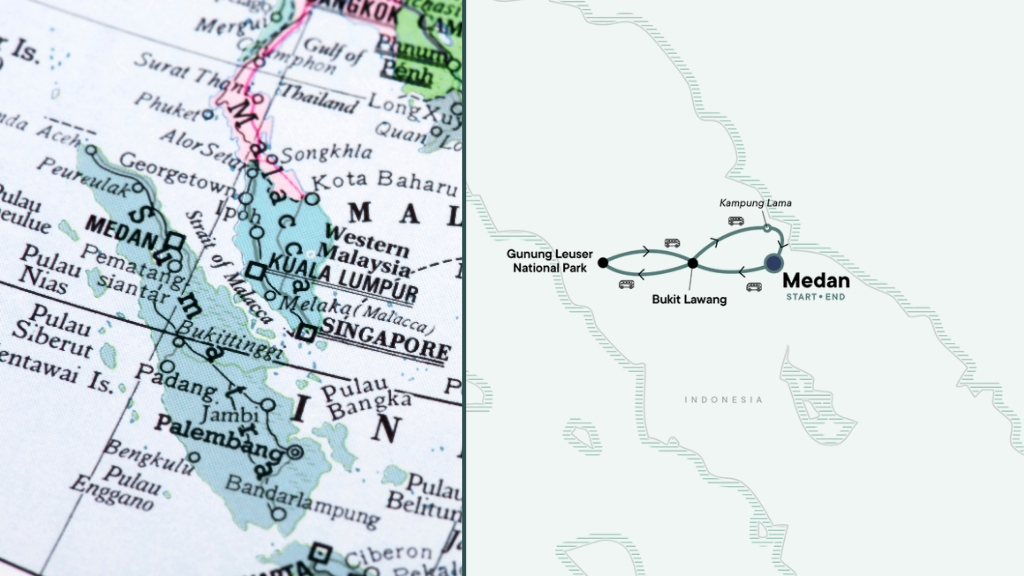
Food & Accommodation
Where You’ll Stay
Nights by location (typical): Medan (3) · Bukit Lawang (3) · Jungle Camp (1) — 6 hotel nights + 1 night under the canopy
- Medan (arrival, city day, final night): Comfortable city hotels in central areas. Expect private twin-share rooms (single on request), ensuite bathrooms, air-conditioning, and Wi-Fi. Handy for early flights and evening food runs.
- Bukit Lawang (river town base): Simple riverside hotels/guesthouses within walking distance of the Bohorok River. Rooms are twin-share, typically with fan or A/C, mosquito nets, and private bathrooms (hot water may be intermittent). Wi-Fi is common but can be patchy—jungle first, bars second.
- Gunung Leuser Jungle Camp (1 night): A back-to-nature setup. Raised sleeping platforms or tents with mats, mosquito nets, and a shared bush toilet/wash area. No A/C, no outlets, and a billion stars when the clouds behave. Your bag rides light; larger luggage stays safely at the Bukit Lawang hotel.
Rooming: Twin-share as standard; single supplement often available on request (limited).
Power & charging: Reliable in Medan; variable in Bukit Lawang; no charging in the jungle—bring a power bank.
Water & hygiene: Bring a reusable bottle. Refill points are common in town; in the jungle, water is boiled/treated. Hand sanitiser and a small quick-dry towel are clutch.
Noise & nature: Expect early roosters, river sounds, and jungle chorus. Pack earplugs if you’re a light sleeper.
What You’ll Eat
Included meals (total): 7 breakfasts · 4 lunches · 1 dinner
- Breakfasts (hotels): Indonesian + Western basics—eggs, fried rice/noodles, toast, fruit, coffee/tea.
- Trek days: Picnic lunches in the forest (think rice, vegetables, tofu/tempeh, sambal, fruit).
- Jungle camp dinner (1): Simple, hearty camp-cooked Indonesian dishes—expect rice, veggies, curry or stir-fry, and tropical fruit.
- Village day (Kampung Lama): Home-style lunch with local specialties and fresh produce.
- Medan food moments: A classic Padang spread (rice with a line-up of small dishes) and plenty of street-food temptations on free nights—sate, mie goreng, martabak.
Dietaries: Vegetarian/vegan and common allergies can usually be accommodated with advance notice. Gluten-free is possible but can be limited in small villages—pack preferred snacks if needed.
Spice & flavour: Northern Sumatra loves aromatics and chilli. Heat can be dialled down—just say “tidak pedas” (not spicy).
Hydration & snacks: Humidity is real. Carry electrolyte tabs, light snacks (nuts, bars), and 2L+ water capacity on trek days.
Alcohol & caffeine: Cold beer is easy to find in Bukit Lawang; jungle camp is BYO-nothing (keep it light on the river next day). Coffee culture in Medan is strong—kopi susu is your friend.
What's Included & What's Not
✅ What’s Included
Itinerary Activities
- Medan city exploration by becak with a classic Padang lunch
- Guided treks in Gunung Leuser National Park in search of wild orangutans
- Overnight jungle camp experience under the rainforest canopy
- Bohorok River float/tubing back toward Bukit Lawang
- Kampung Lama village visit with hands-on cultural activities
Guides & Crew
- English-speaking local tour leader
- Licensed jungle guide/ranger(s) on trekking days
- Safety briefings and ongoing support throughout
Accommodation
- 6 nights in comfortable twin-share hotels/guesthouses (Medan & Bukit Lawang)
- 1 night simple jungle camp (shared facilities, mosquito nets, sleeping mats)
Meals
- 7 breakfasts · 4 lunches · 1 dinner
- Drinking water available during trekking/camp days (bring a reusable bottle)
Transport
- Private Medan ↔ Bukit Lawang road transfers
- Local transport as per itinerary (e.g., becak, river float/tubing)
Equipment & Support
- National park permits and entry fees for listed activities
- Basic camping gear for the jungle overnight (sleeping mats, mosquito nets)
- First-aid kit carried by the guide
Fees & Impact
- Contribution to community and conservation access where applicable
- A restoration contribution is applied to help counteract trip impact 🌱
🚫 What’s Not Included
Getting There & Admin
- International/domestic flights to/from Medan
- Airport transfers before/after the tour
- Visas, immigration fees, and any departure taxes (if applicable)
- Travel insurance (strongly recommended/required by many operators)
Meals & Drinks
- Meals and snacks not listed above
- Alcohol, soft drinks, barista coffees, and bottled beverages
Optional & Personal
- Optional activities (e.g., white-water rafting, extended cycling, extra cave visits)
- Personal trekking gear: boots, breathable long sleeves, leech socks, rain jacket, headlamp, daypack, power bank
- Laundry, phone/data, and other personal expenses
- Single supplement (if requesting a private room; subject to availability)
- Tips/gratuities for guides, drivers, and camp crew
Heads-Up
- Jungle conditions can be hot, humid, muddy—and unforgettable. Pack light, dry-fast layers and a sense of humour; both handle moisture well.
Weather Expectations
Seasonal Weather Expectations
Year-Round Baseline
- Tropical rainforest climate: hot, humid, and lush 12 months a year.
- Typical temps: 23–31°C in Medan/Bukit Lawang; cooler in the jungle at night.
- Humidity: 70–90%—expect a constant “lightly steamed” feeling.
- Rain: brief downpours any month; heavier spells cluster around monsoon shifts.
Drier Window (best for trekking): June–August
- What it’s like: More blue-sky mornings, shorter showers, firmer trails.
- Wildlife: Excellent orangutan activity; canopy is still dense.
- On the ground: Lower leech activity, clearer rivers, easier footing.
Shoulder Months: February–March & September
- What it’s like: Mixed bag—sunny starts with afternoon storms are common.
- Wildlife: Very good; fruiting cycles can make sightings lively.
- On the ground: Trails can swing from dry to slick quickly—grippy footwear helps.
Wettest Stretch: October–January (peaks vary locally)
- What it’s like: More frequent/heavier rain, especially afternoons/evenings.
- Wildlife: Still strong—this is a rainforest.
- On the ground: Muddy, slippery trails, higher rivers, more leeches. Expect itinerary tweaks if safety or river levels demand.
Heat, Sun & Storm Notes
- Heat index: Feels hotter than the thermometer—pace yourself and hydrate.
- Sun: UV can bite even under cloud; sleeves and a brimmed hat earn their keep.
- Storms: Tropical cells build fast; rain gear lives at the top of your daypack.
What This Means for You
- Footwear: Lightweight boots or trail shoes with aggressive grip + leech socks in wetter months.
- Clothing: Quick-dry long sleeves/legs, 2–3 sets you can rotate; a warm layer for jungle nights.
- Rain kit: Compact jacket or poncho; a few dry bags for phone/passport.
- Hydration: 2L+ capacity per person, plus electrolytes.
- Bugs: Repellent for mozzies; expect leeches after rain (they’re harmless, just… enthusiastic).
- Electrics: Humidity is relentless—keep devices in zip-locks or dry bags.
Seasonality can shift year to year. Your guide will adapt pacing, routes, and river activities to conditions on the day.
⭐ Reviews
We are working to bring live on-site reviews for this tour
To View Reviews, Click Button Below
What To Pack
What to Pack
Luggage Strategy
- Main bag: Soft duffel or backpack (not a hard suitcase). This stays in Medan/Bukit Lawang during the jungle night.
- Daypack (20–30L): Carries water, rain gear, snacks, camera, and essentials on trek days.
- Dry bags (2–3 sizes): One for electronics, one for clothes, one for daypack organisation.
Footwear
- Trail shoes or light boots with aggressive grip (roots, mud, slick rock).
- Strapped sandals (river/around camp).
- Thongs/flip-flops for hotels.
- Socks: 4–5 pairs moisture-wicking + liner socks (blister prevention).
- Leech socks (highly recommended, especially Oct–Jan).
Clothing (quick-dry, light colours where possible)
- 2–3 long-sleeve trek shirts (sun/bug protection).
- 2–3 trek pants (zip-off optional).
- 1 pair shorts (town/river).
- 2–3 tees (evenings/travel).
- Light mid-layer (fleece or thin puffy for cool, damp nights).
- Rain jacket or poncho (compact, reliable).
- Sun hat (brimmed) + buff/neck gaiter.
- Sleepwear (lightweight).
- Swimwear (river/optional rafting).
- Village respect set: shoulders and knees covered for Kampung Lama visit.
Hydration & Fuel
- Water capacity 2L+ (bottles or bladder).
- Electrolyte tablets/powder (humidity helper).
- Trail snacks: nuts, bars, dried fruit (favourites from home).
Essentials & Nice-to-Haves
- Headlamp + spare batteries (camp & caves).
- Trekking poles (optional; knees love them on slick descents).
- Microfibre towel (small/fast-dry).
- Power bank (10,000+ mAh); universal adapter (Type C/F, 230V).
- Sunglasses, earplugs, eye mask.
- Zip-locks for passport/phone; silica sachets help with humidity.
- Notebook/pen, binoculars (wildlife moments), camera with rain cover.
- Compression sacks to shrink clothing and separate damp gear.
Personal Care & Health
- Personal meds + prescriptions (enough for the full trip + buffer).
- Basic first aid: plasters, blister kit (hydrocolloids), antiseptic wipes, pain relief, oral rehydration salts, antihistamine.
- Insect repellent (DEET or picaridin), after-bite/anti-itch cream.
- Reef-safe sunscreen (SPF 30+), lip balm.
- Hand sanitiser, small biodegradable soap, toilet paper (in a zip-lock).
- Leech protocol: don’t yank—slide them off gently; clean and cover. A couple of gauze pads and tape are handy.
Documents & Money
- Passport (6+ months validity), visa if required, insurance details.
- Cash in IDR (small notes) + debit/credit card (ATMs in Medan; limited access in smaller towns).
- Copies (digital + paper) stored separately.
Weight & Packing Tips
- Daypack target: 6–8 kg max on trek days.
- Double-bag electronics; keep rain gear at the top of the pack.
- Pre-treat clothing with permethrin (optional; do at home, follow product guidance).
- Earth-tone layers show less mud and dry fast. Jungle couture, but practical. 😉
Leave at Home / Think Twice
- Heavy denim, bulky jumpers, and fashion boots (slow to dry).
- Hard suitcases (awkward on jungle logistics).
- Single-use plastic bottles (refill instead).
- Drones and pro camera rigs may require permits in parks—check rules before packing.
- Strong scents (perfumes/aftershaves attract bugs more than compliments).
Local Insights
Local Insights — North Sumatra (Medan • Bukit Lawang • Gunung Leuser)
Getting There & Around
- Airport → Medan city: The Airport Railink train takes ~42–45 min; taxis and rideshares are ~60–90 min depending on traffic.
- Medan → Bukit Lawang: Plan 3–4 hrs by private car/van (longer in heavy rain/holidays).
- Road reality: Expect patchy tarmac, slow trucks, and surprise potholes—your guide will pad timings accordingly.
Money, ATMs & Connectivity
- Cash is king in Bukit Lawang; card acceptance is limited. Bring IDR small notes.
- ATMs: Often unreliable/limited in the area (functional machines are typically in Bohorok / Gotong Royong). Withdraw in Medan before you go.
- Mobile data: Telkomsel usually has the best coverage in rural Sumatra. Signal drops inside the park; Wi-Fi in town can be slow.
Park & Wildlife Etiquette (Non-Negotiables)
- Distance: Keep 10 m+ from orangutans and never block their path.
- No feeding. No touching. No calls/lures.
- Group size: Small is safer—for you and the jungle.
- When sick, skip the trek. Great apes are vulnerable to human illness.
- Permits & guides: Enter only with certified guides—it protects you and the ecosystem.
Season & Conditions (What it actually feels like)
- Heat & humidity: 23–31 °C most days; humidity often 70–90%.
- Drier months (Jun–Aug): Firmer trails, clearer rivers.
- Wettest stretch (Oct–Jan): Slippery mud, higher rivers, more leeches; itineraries may adapt.
Health & Safety Smarts
- Mosquito season is… always. Use repellent, cover up at dusk, and sleep under nets when provided.
- Hydrate + electrolytes daily; jungle heat sneaks up fast.
- River sense: Water levels change quickly—guides lead, you follow.
- Medical access: Basic clinics in Bohorok; serious cases route to Medan.
Power, Plugs & Charging
- Voltage/plug: 230 V, Type C/F.
- Charging: Easy in Medan; variable in Bukit Lawang; none in jungle camp—bring a power bank.
Culture & Conduct
- Dress modestly in villages (shoulders/knees covered).
- Ask before photos—especially close-ups and when people are working or in prayer.
- A little Bahasa goes far: Terima kasih (thank you), permisi (excuse me), tidak pedas (not spicy).
Nature Notes (Why this place matters)
- You’re trekking inside the Tropical Rainforest Heritage of Sumatra, a UNESCO-listed expanse that includes Gunung Leuser National Park—home to the critically endangered Sumatran orangutan plus gibbons, Thomas’s leaf monkeys, hornbills, and more. Treat it like the rare privilege it is.
CO₂ Footprint Report
CO₂ Footprint
Results Summary (Topline)
- Estimated per guest: 0.45 t CO₂e
- Estimated per tour (assumed 12 guests): 5.45 t CO₂e
- Offset applied: 200% → 0.91 t CO₂e per guest ( 10.90 t per tour )
- Method: High-estimate using DEFRA-aligned factors with WTT (well-to-tank) + RF=1.9 for aviation, includes a single-origin guest flight, all on-tour transport & stays, and all meals (included + off-tour).
Key Tour Info
- Tour: Wild Orangutan 8-Day Loop | Sumatran Jungle & River Expedition
- Start/Finish: Medan ↔ Medan
- Feeder Hub (assumed): Singapore (SIN) ↔ Medan (KNO) return
- Assumed Group Size: 12 (adjustable)
Scope & Boundaries
Included in this estimate: guest return flights from a single origin hub, road transfers, accommodation energy (hotel nights & jungle camp), meals (all), and minor activity overheads (guiding/permits). Excluded: shopping, medical care, and large personal purchases.
Emission Factors & Conservative Defaults
- Aviation (short-haul economy): DEFRA-aligned, includes WTT and RF=1.9 uplift (high-estimate).
- Road (mini-coach/van): Higher per-passenger-km than full coach, diesel-based.
- Hotels: HCMI room-night approach, Indonesia regional intensity; twin-share apportioned 50% per guest.
- Meals: Conservative per-meal factor applied to all meals (included + off-tour).
- Uncertainty: +10% uplift applied to the subtotal.
Activity Data (Assumptions)
- Flights: SIN ↔ KNO ≈ 1,208 km return
- Road: Medan ↔ Bukit Lawang + local movements ≈ 300 km per guest (shared van)
- Stays: 6 hotel nights (twin-share) + 1 jungle camp night
- Meals: 24 total (~3/day × 8 days)
Results — Per Guest
- Flights: 0.278 t CO₂e
- Road transport: 0.036 t CO₂e
- Hotels (6 nights, twin-share): 0.048 t CO₂e
- Jungle camp (1 night, simple fuel/use): 0.002 t CO₂e
- Meals (24 total): 0.048 t CO₂e
- Other (permits/ops small overhead): 0.001 t CO₂e
- Subtotal: 0.413 t CO₂e
- +10% uncertainty: 0.041 t CO₂e
- Estimated total per guest: 0.45 t CO₂e
Results — Per Tour (Assumed 12 Guests)
- Estimated total: 5.45 t CO₂e
- Offset at 200%: 10.90 t CO₂e
What Moves This Number
- Up: adding white-water rafting/motorized add-ons, solo hotel rooming, long-haul feeder flights.
- Down: closer feeder hub, full-coach transfers, meat-light dining, shoulder-season A/C usage reduction.
Assumptions
- Economy-class flying, average load factors.
- Mini-coach/van occupancy typical of small-group tours.
- Hotel energy based on regional intensity (Indonesia), apportioned by room share.
- Meals use a conservative mixed-diet factor (no premium for beef-heavy days).
- No motorized boat days on this itinerary.
Versioning
- Model: CO₂e v1.3 (High-estimate | WTT + RF=1.9 | +10% Uncertainty)
- Date: 2 September 2025
- Prepared for: Zero Trace Tours listing draft
Helpful Travel Tools
Save time planning with our helpful travel tools
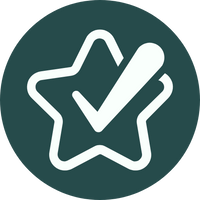
Optimum Travel Time Heat-Map
Explore the best times of the year to visit your dream destinations so you get minimum crowds and maximum experience
Use Heat-Map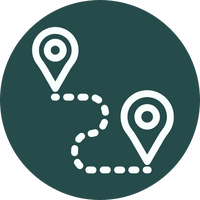
Point A - B Travel Time Estimator
Get an idea of just how long you can expect to travel from home to your dream destination including multiple travel modes
Use Time EstimatorCo2 Calculator
Do your own travel impact calculations using our multiple Co2 calculators.
Measure Your Co2Tour FAQ's
How fit do I need to be?
Expect full trekking days (4–7 hrs) in hot, humid conditions with uneven, rooty trails. A good level of cardio fitness and sure-footedness is important. If you can hike 10–15 km with hills and a daypack, you’re set.
How hard is the jungle night?
It’s a simple, back-to-nature camp: raised platforms or tents, sleeping mats, mosquito nets, shared wash area. No A/C, no power, a million jungle sounds. Magical—if you’re cool with rustic.
Do I carry all my gear into the jungle?
No. Main luggage stays in Bukit Lawang. Pack a day/overnight bag with water, rain shell, headlamp, toiletries, and a clean base layer for camp.
Will I really see orangutans?
Wildlife is wild—no guarantees—but Gunung Leuser is prime habitat and sightings are common. Guides choose routes that maximise chances while keeping respectful distance.
More FAQ's
Leeches… should I worry?
They’re part of rainforest life (especially Oct–Jan). Wear leech socks, keep moving on damp sections, and bring a small first-aid kit. They’re harmless—just overenthusiastic. 😅
Is the river tubing safe? Do I need to swim?
Tubing is run by local river guides. You’ll wear a buoyancy vest and follow a safety briefing. Basic water confidence is recommended; if river levels are unsuitable, the activity may be changed for safety.
Dietaries—can they be handled?
Usually yes for vegetarian/vegan and common allergies with advance notice. Gluten-free options exist but are limited in smaller towns—bring backup snacks you know you can eat.
What’s the group size?
Small group format. Exact caps vary by departure; think intimate, not bus tour.
Can I get a private room?
Often yes in Medan/Bukit Lawang (subject to availability and a single supplement). Not available in jungle camp.
What’s included vs not?
See the What’s Included / What’s Not section above for the full breakdown (meals, permits, transfers, gear, etc.).
Do I need travel insurance?
Strongly recommended (and often required by operators). Ensure it covers trekking, river activities, medical evacuation, and trip changes due to weather.
Best time to go?
June–August is drier with firmer trails. Shoulders (Feb–Mar & Sep) are mixed but great. Oct–Jan is wettest—muddier trails, higher leech activity, and more itinerary flexibility.
How much cash should I bring?
ATMs can be unreliable near Bukit Lawang. Bring IDR small notes for meals not included, tips, and souvenirs. Withdraw in Medan before heading out.
Power, plugs & charging?
Indonesia uses 230V Type C/F plugs. Charging is easy in Medan, variable in Bukit Lawang, and not available in camp. A power bank is essential.
Phone signal & Wi-Fi?
Telkomsel usually has the best rural coverage. Signal drops inside the park; Wi-Fi can be slow in Bukit Lawang. Download playlists and maps before you go.
Water—can I drink from the tap?
Stick to bottled or treated water. Refill stations are common in town; on trek, water is boiled/treated. Bring a reusable bottle (2L+ capacity).
What should I pack?
See the What to Pack section—quick-dry long sleeves/legs, leech socks, grippy trail shoes, headlamp, light rain shell, electrolytes, and a sense of humour (waterproof).
Any cultural etiquette to know?
Dress modestly in villages (shoulders/knees covered), ask before photos, and learn a couple of phrases—terima kasih goes a long way.
Are drones allowed?
Parks and communities may restrict drones or require permits. Check rules before packing; when in doubt, leave it grounded.
- 0 – 2t | Low
- 2 – 4t | Moderate
- 4 – 6t | High
- 6 – 8t | Very High
- 8t+ | Extreme
(T = tonnes CO₂e)
Still Searching? Check these out…
BOOKING & PAYMENT FAQ's
What’s the deposit & payment process?

Choose Tour

Pick Dates

Reserve Spot
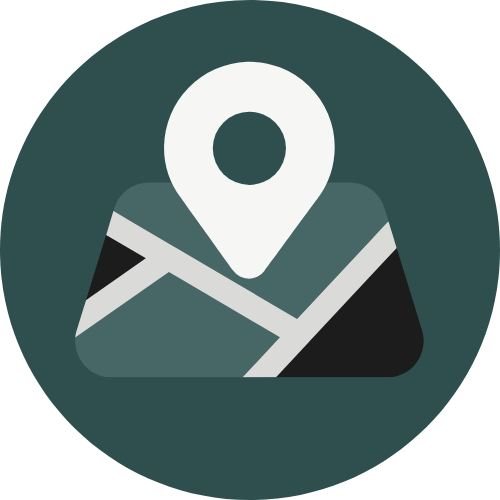
Sort Logistics

Adventure Time!
Here’s how it works—clean, simple, no surprises:
A) "Book with Deposit"
- Place a deposit. You’ll pay the deposit at checkout.
- Tell us the details. You’ll receive an email asking for your tour name/date, passenger details, and any special requests (room type, extras, dietaries, etc.).
- We secure your spots. If everything’s clear, we confirm your booking by email so you can lock flights and plan the rest.
- If we need anything (e.g., room configuration, add-on activities), we’ll ask—then issue confirmation once sorted.
- Final balance invoice. After confirmation, you’ll be invoiced the remainder in line with the trips booking terms & conditions (each trip/partner has its own timeline but full payment is generally required at least 30 days prior to departure).
- If we are unable to confirm your spot: you’ll receive a full refund of your deposit. Zero stress.
B) Instant confirmation route (selected trips)
- Some departures use live operator booking calendars. These can deliver instant confirmation inside the operator’s system.
- If you book this way, the operator’s terms & conditions apply immediately (including payment schedules and change/cancellation rules).
Good to know
- Each trip may have slightly different deadlines and deposit rules—You can find the terms and conditions for your chosen booking on the listing page.
- You can still flag special requests after deposit—earlier is better for availability.
What’s your cancellation & refund policy?
Before your booking is confirmed
- If we can’t confirm your spots after you’ve paid a deposit, we’ll issue a full refund of that deposit.
After your booking is confirmed
- Cancellations follow the operator’s cancellation schedule (varies by trip and how close you are to departure).
- Expect possible fees or non-refundable items (e.g., internal flights, permits, certain accommodations).
- If a refund or credit is due, we’ll process it once the operator releases the funds and pass it back to your original payment method.
Instant-confirmation bookings (live operator calendars)
- The operator’s T&Cs apply immediately on these. Some departures are non-refundable or have stricter windows.
How to cancel
- Email us your booking reference, names on the booking, and a one-line request (“Please cancel”).
- We’ll reply with the exact penalties/refund or credit per your operator before proceeding.
If the operator cancels or significantly changes your trip
- You’ll be offered an alternative date, a travel credit, or a refund according to that operator’s policy. We’ll advocate for the best outcome for you.
Good to know
- Refunds are returned to the original payment method; bank/FX fees aren’t usually recoverable.
- Travel insurance is your friend for recovering non-refundable costs.
- The earlier you contact us, the better your options typically are.
Can I change dates or transfer my booking?
Short answer: Usually yes, but it depends on the operator’s rules and how close you are to departure.
Date changes
- We’ll check new-date availability with the operator.
- If a change is possible, you’ll pay any applicable operator change fee plus any price difference for the new date.
- The closer to departure, the tighter (and costlier) changes become; some trips treat late changes as a cancel + rebook under the operator’s policy.
Transfer to another person (name change)
- Many operators allow a name change/transfer up to a certain cut-off.
- Fees and deadlines vary by operator and services booked (e.g., flights may be non-transferable).
Instant-confirmation bookings
- If you booked via a live operator calendar, the operator’s T&Cs apply immediately. Some departures are non-changeable or have stricter windows.
How to request a change
- Email us with your booking reference, preferred new date/person’s details, and any flexibility.
- We’ll confirm options, fees, and any price differences before making changes.
Pro tips
- Ask early—more seats = more options, lower fees.
- Consider travel insurance that covers change/cancellation costs.
- Always check booking terms and conditions, links displayed on each tour page under the overview.
Are you accredited / is my money protected?
Yes. Your money is protected by our own accreditation and safeguards, plus the protections of our tour partners and the payment methods we use.
Our business safeguards
- Legally registered business with documented booking & refund policies.
- Commercial insurance appropriate to our operations.
- VTIC Quality Tourism Accreditation (Quality Tourism Accredited Business) confirming we meet industry standards for customer service, safety, and risk management.
Operator-level protection
- We partner only with established operators who maintain their own financial protections and clear refund/credit policies.
- When you book via a live operator calendar, payment is processed directly by the operator and their protections/terms apply immediately.
How your payment is handled
- All card payments run through a secure, PCI-compliant gateway; we don’t store your full card details.
- If you book through a live operator calendar, payment is processed directly into the operator’s system, and their terms & protections apply immediately.
Your legal rights
- Your purchase is also covered by consumer laws in your country/state (fair trading/refund rights). We reference the applicable jurisdiction on your paperwork.
Extra peace of mind
- Paying by credit card may add chargeback protection from your card issuer.
- We strongly recommend travel insurance to cover situations outside operator/consumer protections (your own cancellation, medical, delays).
Do you offer price matching?
Absolutely. Our prices update live from the operator, but if you spot the same tour on the same dates with the same inclusions and terms advertised for less — even in a public sale or promo — we’ll match it.
Already booked? We’ll refund the difference to your original payment method (eligibility applies, based on the final checkout price including taxes/fees from an authorised seller). And yes, the matched price still includes our 200% carbon offset — no dilution of benefits.
Do I need travel insurance?
Not for every trip—but for most travellers, we strongly recommend it
Some itineraries and partner operators do require insurance (especially remote treks, glacier walks, or bookings made via live operator calendars with mandatory cover).
When it’s required
- Certain partners/departures make insurance compulsory and may ask for proof before departure. If you book one of these, their T&Cs apply immediately.
What good cover includes
- Medical treatment & emergency evacuation/repatriation (high limits).
- Trip cancellation/interruption (protects your deposit and balance if plans change).
- Baggage & travel delay, and supplier default where available.
- Coverage for all activities on your itinerary (e.g., trekking, glacier hikes, kayaking) and any relevant altitudes/conditions.
- 24/7 assistance hotline and a clear claims process.
When to buy
- At booking. That way, cancellation benefits start immediately and you’re covered if something crops up before you travel.
How to share proof
- Email us your policy certificate (names, policy number, assistance phone).
- If you booked via an instant-confirmation operator calendar, follow their proof instructions and deadlines exactly.
Are departures guaranteed?
Most departures run as planned, but guarantees depend on the operator and minimum numbers. If there’s a wobble, we’ll tell you fast and give you options.
How it works
- Minimum group size: Most partners need a minimum number of travellers to confirm a trip.
- When we confirm: Each operator has a confirmation window (often 30–60 days before departure). We monitor load and update you as status changes.
- Any listing from "G-Adventures" will be guaranteed to run with a booking
If a trip is under-subscribed
- We’ll contact you with clear options:
Move to another date (same tour)
Switch to a comparable trip
Full refund of monies paid (per the operator’s terms)
- Any price differences for new dates/trips will be discussed before you decide.
If a trip is suspended (weather, park closures, strikes, force majeure)
- First, we’ll look to re-route or adjust (e.g., alternative park, similar activities).
- If that’s not viable, you can move dates, choose a different trip, or receive a refund/credit according to the operator’s policy.
Our promise
- Proactive comms: We’ll keep you posted as soon as we know more—no last-minute surprises if we can help it.
- No pressure choices: You pick the outcome; we handle the admin.
- Flight advice: Until your tour is confirmed, book flexible/refundable flights or add insurance that covers schedule changes.



